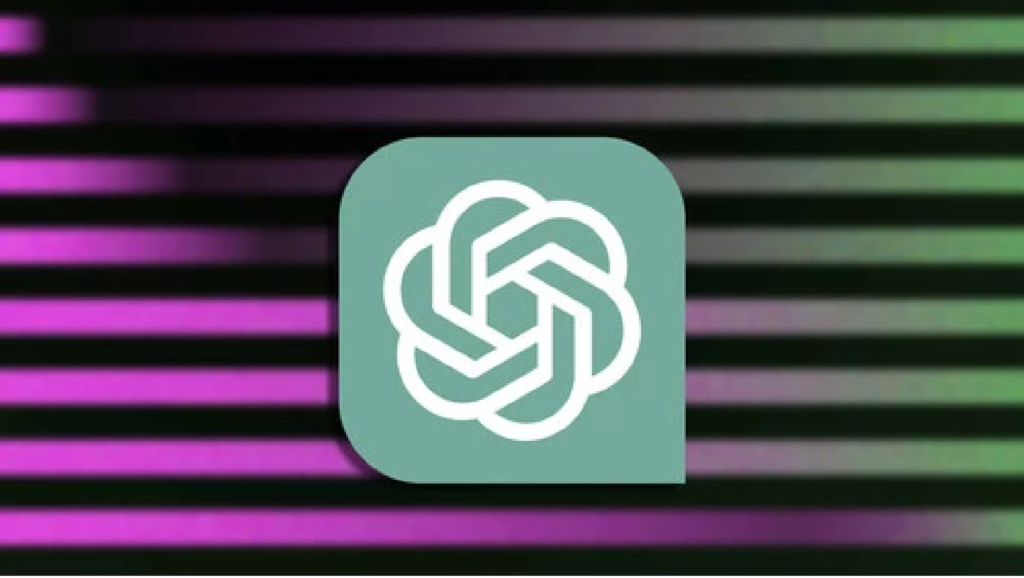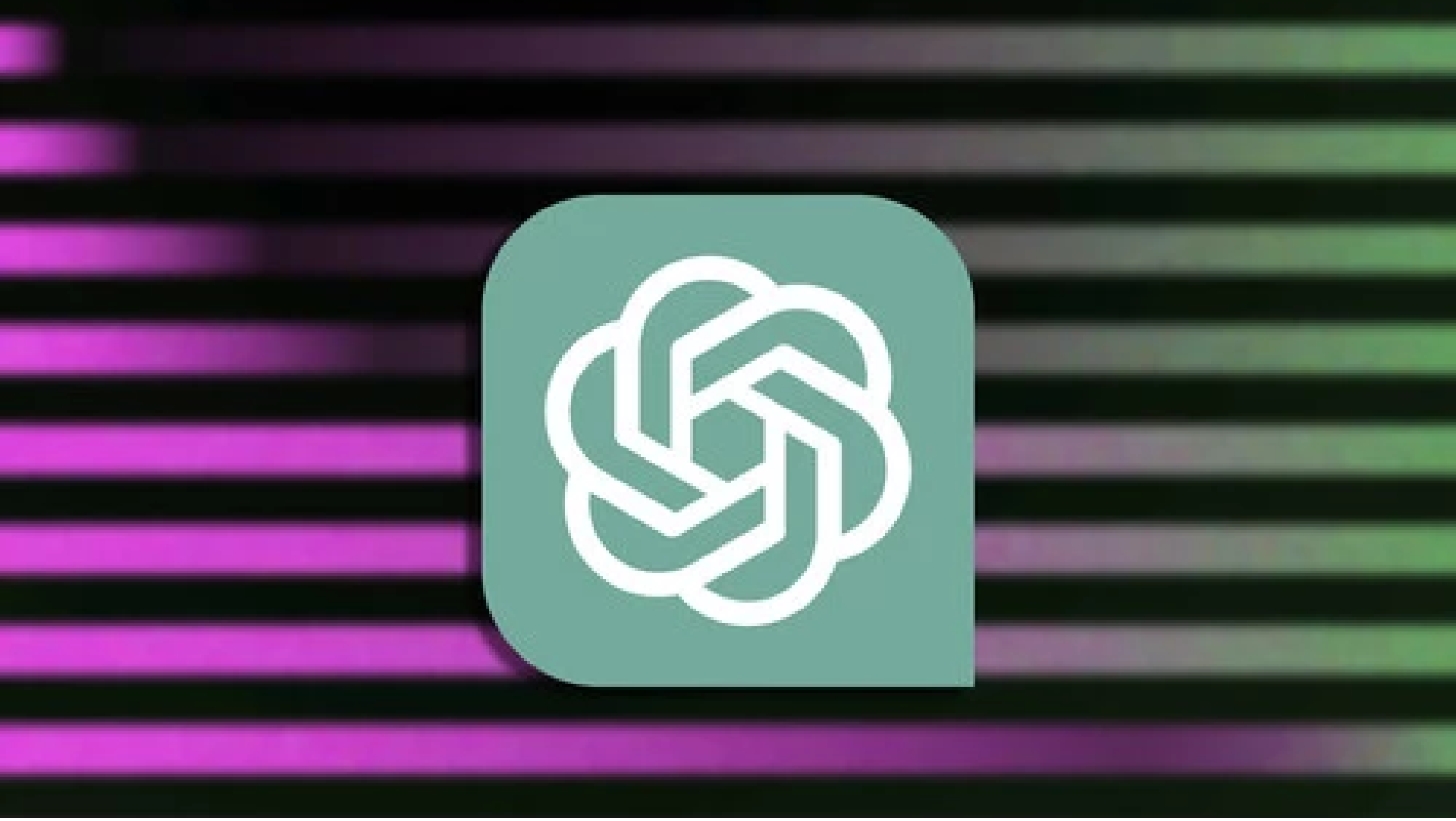
OpenAI in Crisis: Insiders Reveal Alarming Safety Oversights and Internal Turmoil
- entspos
- 10:12 am
- July 15, 2024
OpenAI, a frontrunner in developing human-level AI, is facing increasing scrutiny over safety concerns, as highlighted by employees in various media outlets. The latest instance, reported by The Washington Post, features an anonymous employee alleging that OpenAI rushed safety tests and celebrated their product prematurely.
“They planned the launch after-party before ensuring the product’s safety,” the employee revealed. “We essentially failed in our process.”
Safety issues persist at OpenAI, with current and former employees recently signing an open letter demanding better safety and transparency practices. This follows the dissolution of the safety team after cofounder Ilya Sutskever’s departure, and the resignation of key researcher Jan Leike, who criticized the company’s prioritization of flashy products over safety.
Safety is a cornerstone of OpenAI’s charter, which pledges to assist other organizations in advancing safety if AGI is achieved elsewhere. OpenAI asserts its commitment to addressing the safety challenges of such a complex system, even keeping its proprietary models private to mitigate risks. Despite these assurances, there are growing concerns that safety has been deprioritized.
OpenAI is under intense scrutiny, and public relations efforts alone won’t ensure societal safety. “We’re proud of our track record providing the most capable and safest AI systems and believe in our scientific approach to addressing risk,” OpenAI spokesperson Taya Christianson stated to The Verge. “Rigorous debate is critical given the significance of this technology, and we will continue to engage with governments, civil society, and other communities worldwide in service of our mission.”
The stakes are high, with a report commissioned by the US State Department warning of the risks AI poses to national security, likening its impact to that of nuclear weapons. OpenAI’s troubles are further compounded by last year’s boardroom coup that briefly ousted CEO Sam Altman due to communication issues, leading to an inconclusive investigation.
While OpenAI spokesperson Lindsey Held claimed the GPT-4o launch was thorough in safety checks, another representative admitted the safety review was condensed to a single week, acknowledging the need for a better approach. Amidst ongoing controversies, OpenAI has tried to mitigate fears with strategic announcements, including a partnership with Los Alamos National Laboratory to explore the safe use of advanced AI models in bioscientific research, and the creation of an internal scale to track progress towards AGI.
These safety-focused announcements seem like defensive measures against growing criticism. The real concern is the impact on society if OpenAI continues to overlook strict safety protocols. The public has little influence over the development of privatized AGI, yet they are directly affected by its outcomes.
“AI tools can be revolutionary,” FTC chair Lina Khan told Bloomberg in November. However, she expressed concerns that “the critical inputs of these tools are controlled by a relatively small number of companies.”
If the criticisms of OpenAI’s safety protocols are valid, it raises serious questions about the organization’s suitability to steward AGI. Allowing a single group in San Francisco to control potentially transformative technology is alarming, and there is an urgent need for greater transparency and safety practices within the company.















